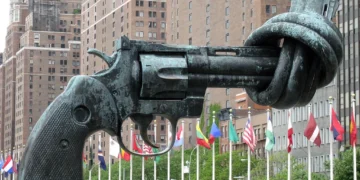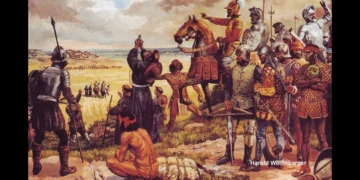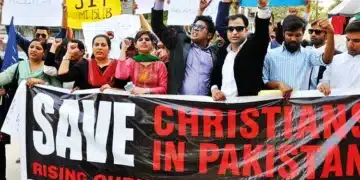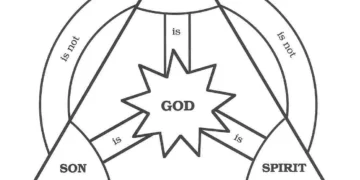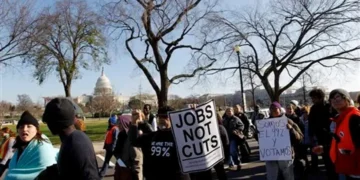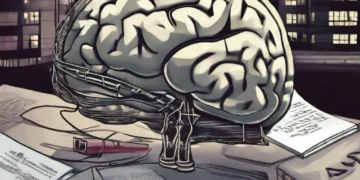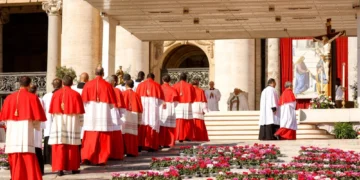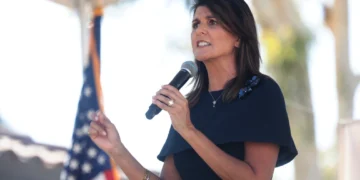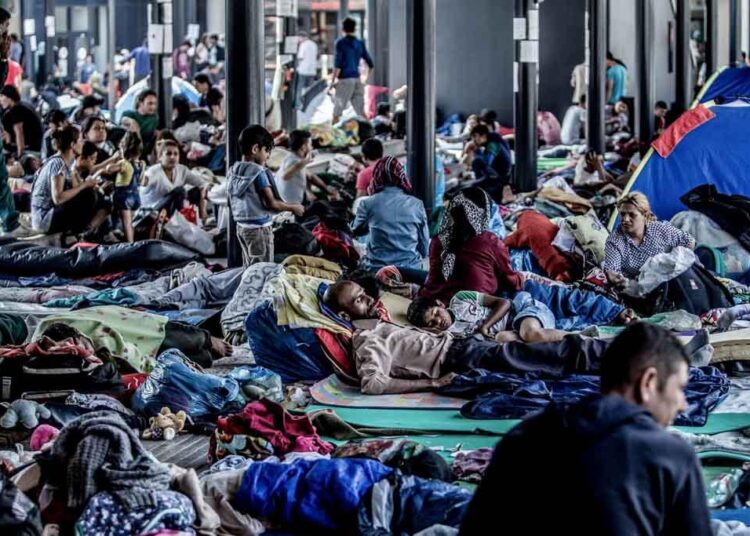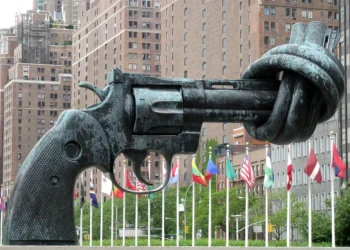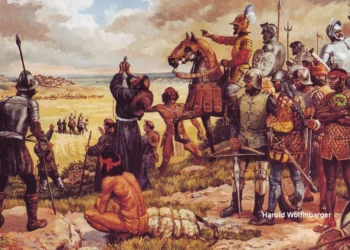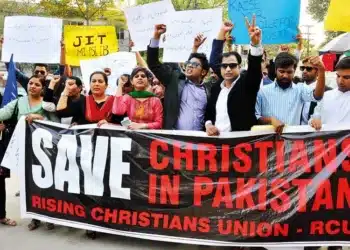As the sun sets over an idyllic coastal town in Southern Europe, a group of weary travelers emerges from the shadows, their faces a canvas of exhaustion and hope. Their journey, fraught with peril and uncertainty, is but a snapshot of the millions of individuals seeking refuge and a better life in foreign lands. Such scenes have become commonplace in today’s world, where immigration policies and politics continue to spark intense debates, stirring emotions and shaping the course of nations.
Volatile Political Landscape
Within the realm of immigration policies and politics, a myriad of subtopics unfurls, each stemming from complex economic, social, and nationalistic factors. At the forefront lies the deep-rooted question of how nations should balance their responsibility to safeguard borders with their obligation to provide refuge for those fleeing persecution or seeking a better life.
Security Concerns
A key aspect of this debate centers around security concerns, with nations grappling to strike a delicate balance between maintaining national safety and fostering an inclusive society. The rise of terrorism and criminal activities committed by a small fraction of immigrants has often stoked fears, leading to calls for stricter immigration controls. However, critics argue that such measures can perpetuate xenophobia and unfairly label all immigrants as potential threats.
Economic Impact
Economic considerations also play a pivotal role in shaping immigration policies and politics. The debate centers around whether immigrants contribute positively to a host country’s economy or if the influx of labor leads to job displacement and adverse effects on wages. Advocates for liberal immigration policies argue that immigrants often fill gaps in the workforce, boost innovation, and invigorate economies. Conversely, opponents contend that unrestricted immigration may strain public services and contribute to unemployment among native-born workers.
Cultural Identity and Nationalism
Another aspect fueling the immigration debate revolves around cultural identity and nationalism. Some nations fear that an influx of immigrants may dilute their cultural heritage, threatening traditional values and social cohesion. Proponents of multiculturalism argue that diversity enriches societies, fostering greater tolerance and understanding. However, striking a balance between preserving cultural identities and embracing diversity remains a challenge for policymakers seeking to shape immigration policies.
Legal Frameworks and Humanitarian Obligations
The global refugee crisis has also thrust the legal aspects of immigration policies into the spotlight. Nations are confronted with the challenge of accommodating individuals in accordance with their international commitments while also adhering to domestic laws. Finding a comprehensive and humane solution remains a complex task, resulting in inconsistencies and varying responses across countries.
Intricate Tapestry
Immigration policies and politics constitute an intricate tapestry woven from multiple threads, each with its own implications. As the global debate continues to unfold, it is crucial for stakeholders to recognize that finding a harmonious and effective way forward requires a nuanced understanding of the multifaceted issues at play. Striking the balance between national interests and humanitarian obligations is an arduous endeavor, but it is one that holds the key to shaping a more inclusive and prosperous future for both immigrants and host nations alike.
